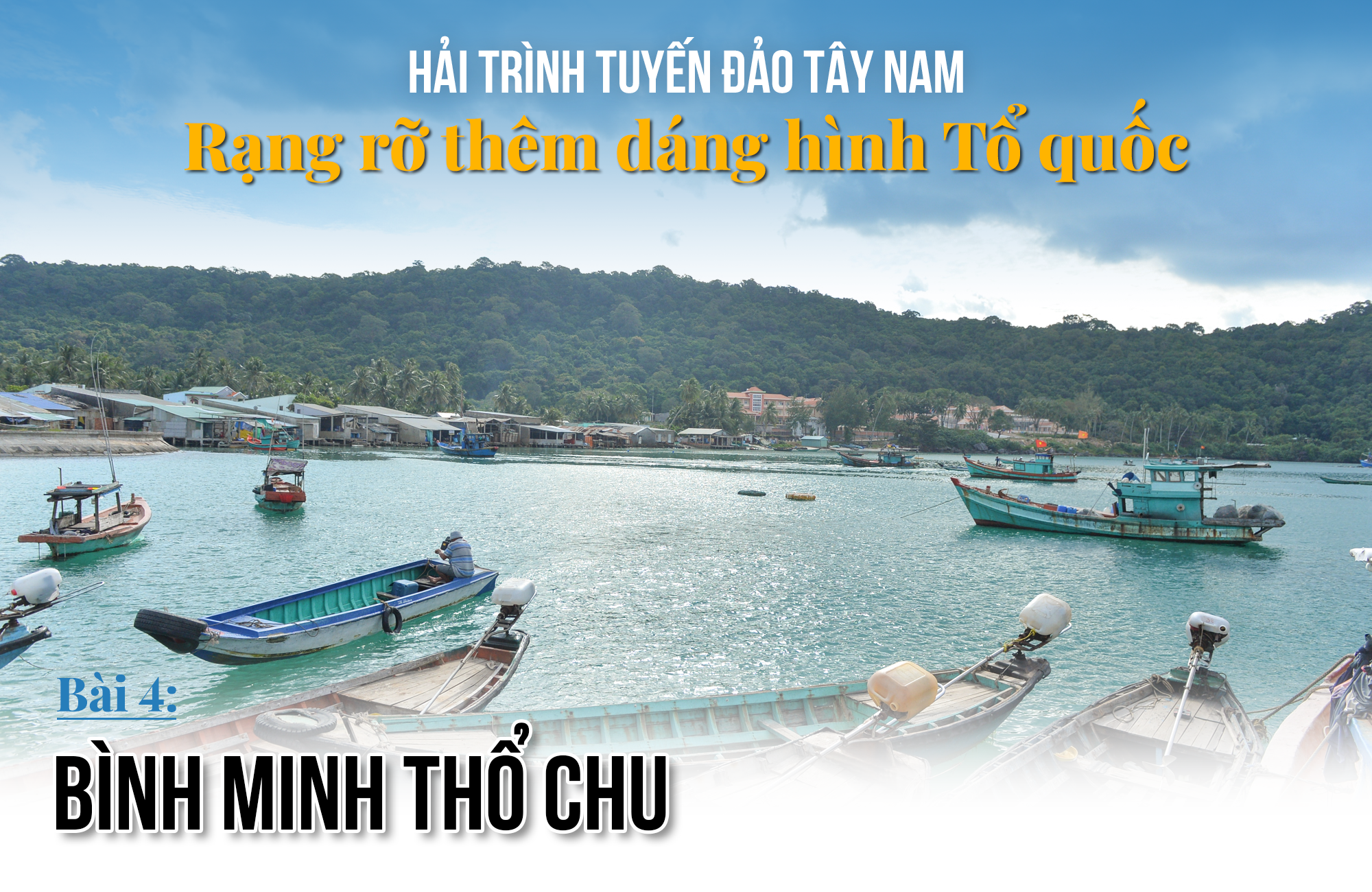


Tho Chu archipelago is located in the southwestern tip of our country, about 160 km northwest of Ca Mau cape and about 220 km from Rach Gia (Kien Giang).
At the end of April 1975, in the face of the torrential attack of the liberation army, the naval forces of the old regime stationed on Tho Chu archipelago also fled, leaving about 500 people stranded on the island. On April 30, 1975, the liberation army had not yet taken over Tho Chu archipelago. On May 10, 1975, Pol Pot Khmer Rouge sent troops to occupy Tho Chu island, abducting and killing more than 500 people living on the island.
Faced with the above situation, the Central Military Commission and the Ministry of National Defense ordered the Navy and Military Region 9 to attack and liberate the Tho Chu archipelago. On the night of May 22 and early morning of May 23, 1975, the force consisting of Battalion 410, Regiment 195 of Military Region 9, the Phu Quoc District Local Company and two special water teams of the Navy commanded by Captain Trinh Khac Thuyet attacked and liberated the Tho Chu archipelago.
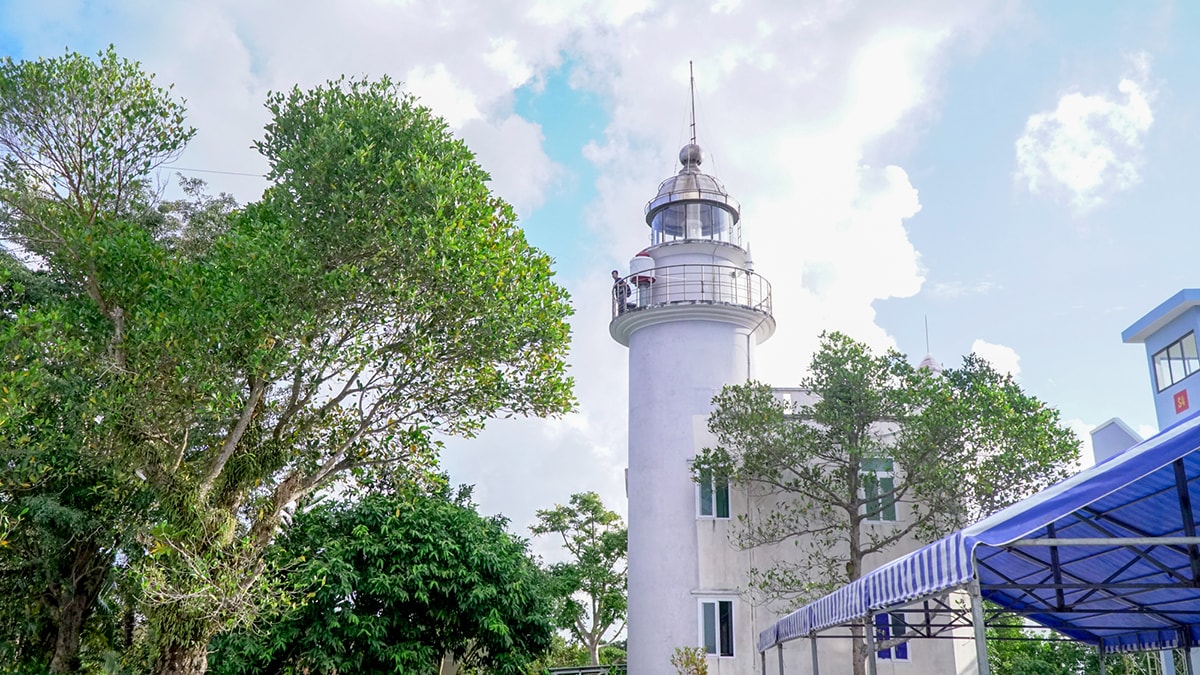
By the morning of May 23, 1975, our troops had basically taken control of Tho Chu Island, but Pol Pot's remaining forces fled back and entrenched themselves at Bai Nhat. On May 24 and 25, we continued to pressure the enemy. On May 26, we completely destroyed and captured the enemy forces entrenched at Bai Nhat. On May 27, two enemy platoons at Hon Tu surrendered. Thus, compared to the whole country, this was the place liberated the latest, after 27 days from the historical moment of April 30, 1975.
After Tho Chu was liberated, Battalion 410 - Regiment 195, Military Region 9 - the force participating in the attack and liberation of the island was stationed for a while. On August 28, 1975, the Military Region 9 Command transferred Battalion 5, Regiment 101 to replace Battalion 410. On October 26, 1975, Battalion 5, Regiment 101 continued to be transferred to Naval Region 5 and renamed Battalion 561 under Naval Region 5. Due to the need to protect the sea and islands, in August 1992, Battalion 561 was assigned additional combat clusters and renamed Battalion 561 as the Tho Chu island unit.
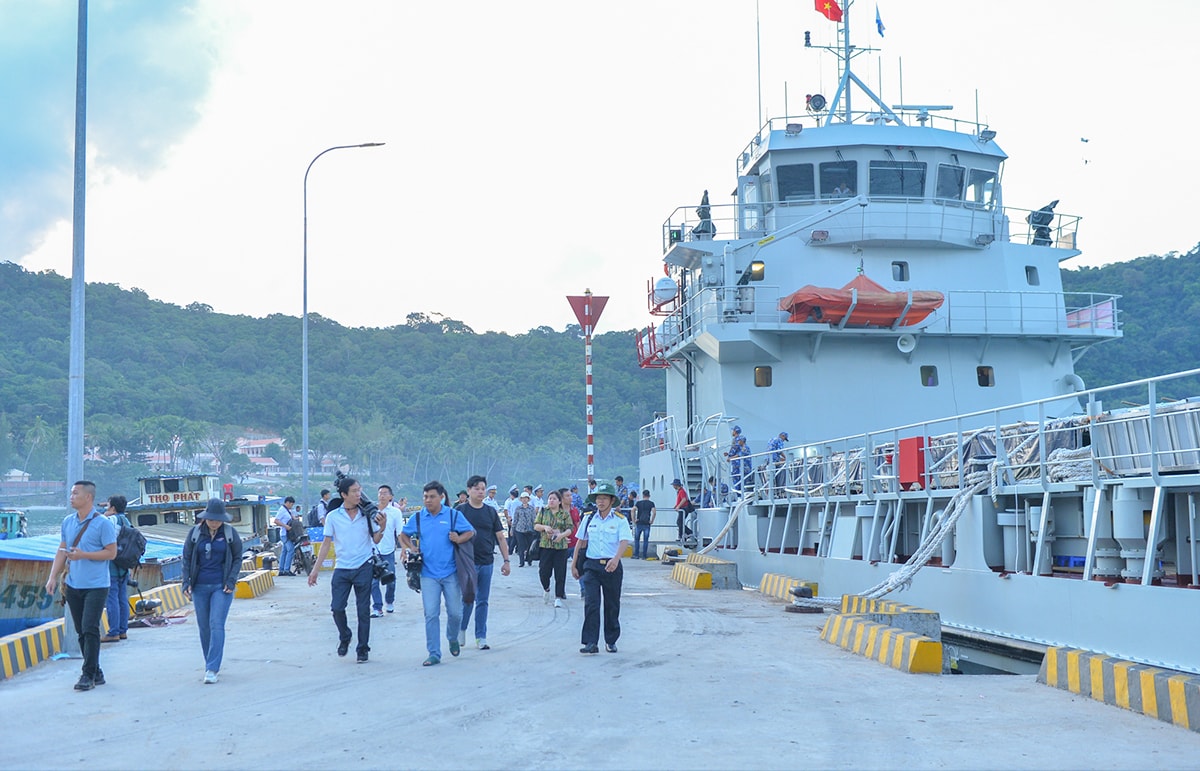
By April 1992, Tho Chu island had households returning to live. At first, when people came to the island, because there was no government, Battalion 561 supported people to settle down and solve difficulties. The unit also arranged officers and soldiers to teach children from grade 1 to grade 4. On April 24, 1993, when the decision to establish Tho Chau island commune was made, Battalion 561 as well as other units continued to support the local Party Committee and government to ensure stable operations until today.
In 2011, a temple named Tho Chau was built on Tho Chu Island. The temple worships President Ho Chi Minh and the officers and soldiers who sacrificed their lives. In particular, the temple is also a memorial for more than 500 innocent people killed by the Khmer Rouge reactionaries. Today, the temple has become a place for activities and education on revolutionary traditions, patriotism, and love of homeland for generations. Every year, thousands of tourists come to visit, remember, and express their gratitude to those who died for Tho Chu to remain green.
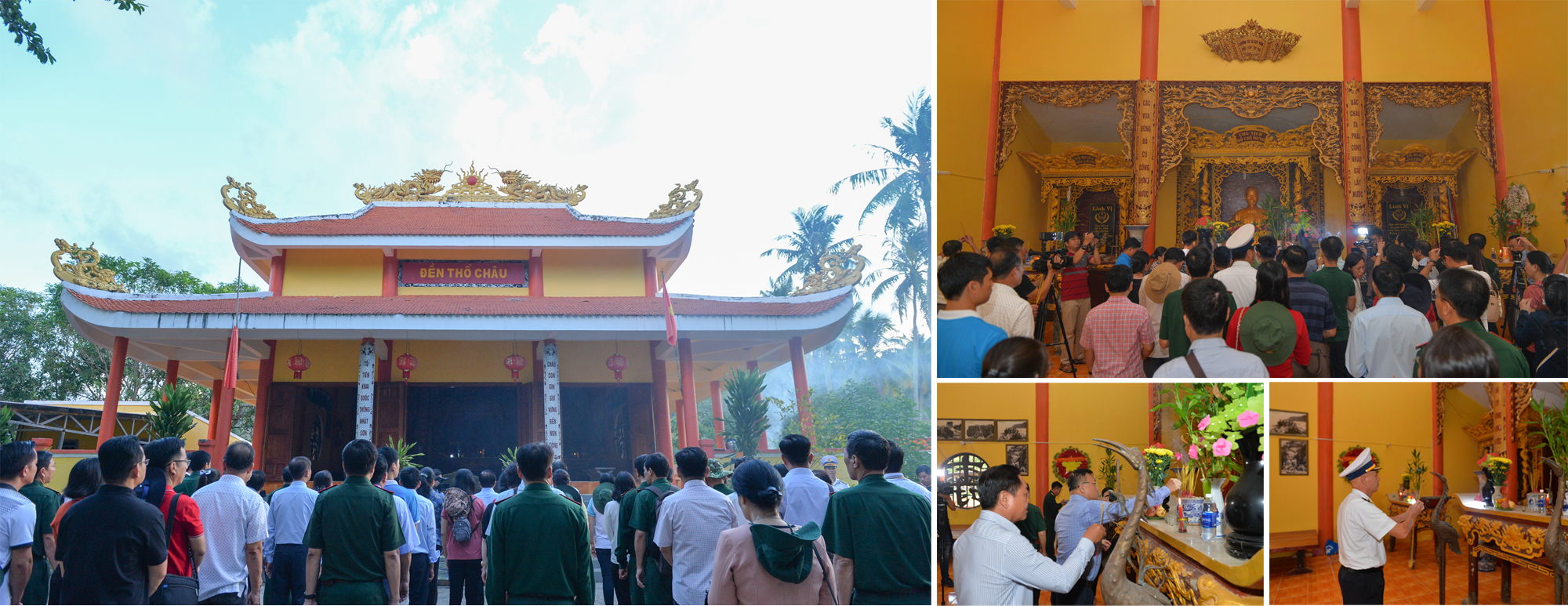

Recalling the old days, Mrs. Truong Thi Tu, one of the first people to return to live on Tho Chu island, honestly said: “I got married so I had to follow my husband, but when I first heard about moving to Tho Chu island, I was very scared. Luckily, when I arrived on the island, I saw that my soldiers were stationed there, so I was less worried.”
According to Mrs. Tu, the households who came to settle on the island all lived thanks to the support of the army. The households were provided with food and provisions to live. At first, aquaculture and seafood exploitation were not yet developed. The army also helped people build huts, houses, and boats to exploit seafood at sea. In particular, when people got sick, they were examined and given free medicine by officers of the military-civilian medical station. In more serious cases, there would be ships from the navy and border guards to take them to the mainland for treatment.
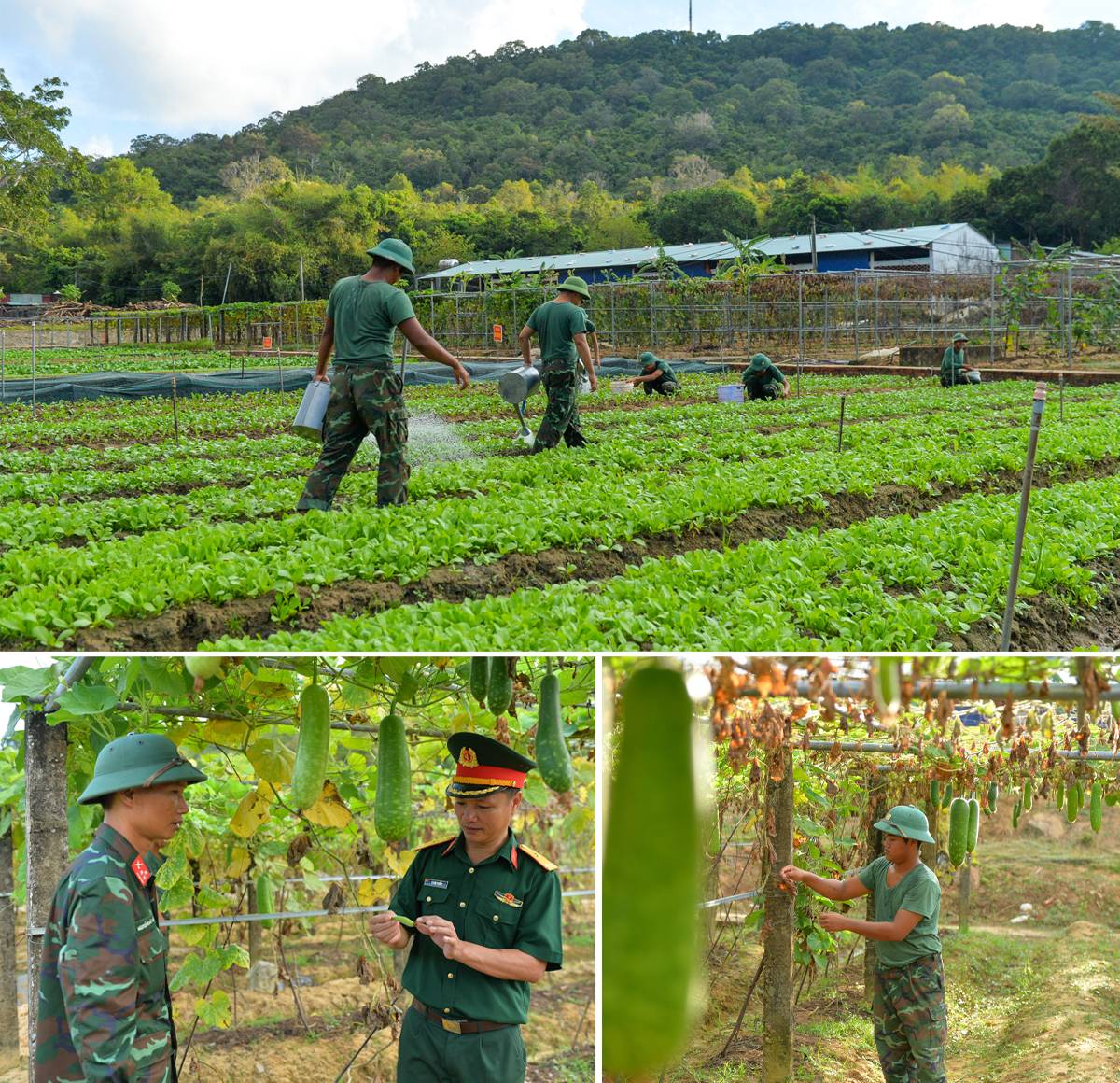
In the early days of arriving on the island, the people's lives were lacking in many ways. However, everyone was united with the navy and border guards to stick to the sea, protecting each sovereignty landmark. From a few dozen households at first, Tho Chu Island now has 550 households, with more than 2,210 people. In recent years, with the great investment of the Party and the State, many important civil works such as schools at all levels, medical stations, post offices, broadcasting stations, etc. have been built.
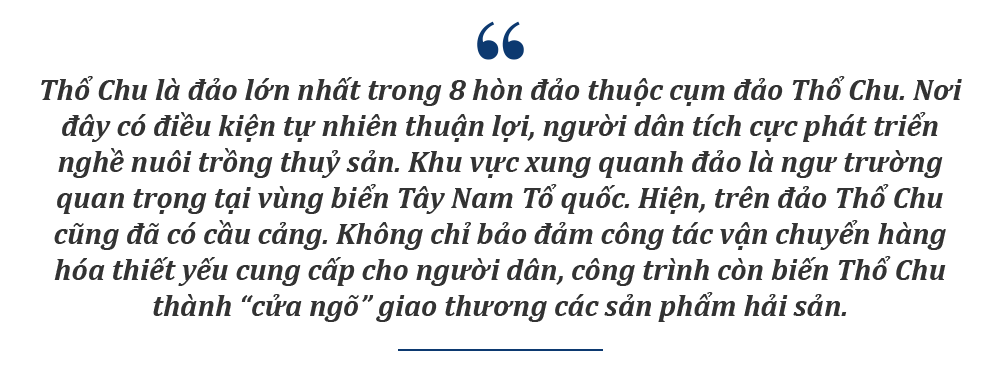
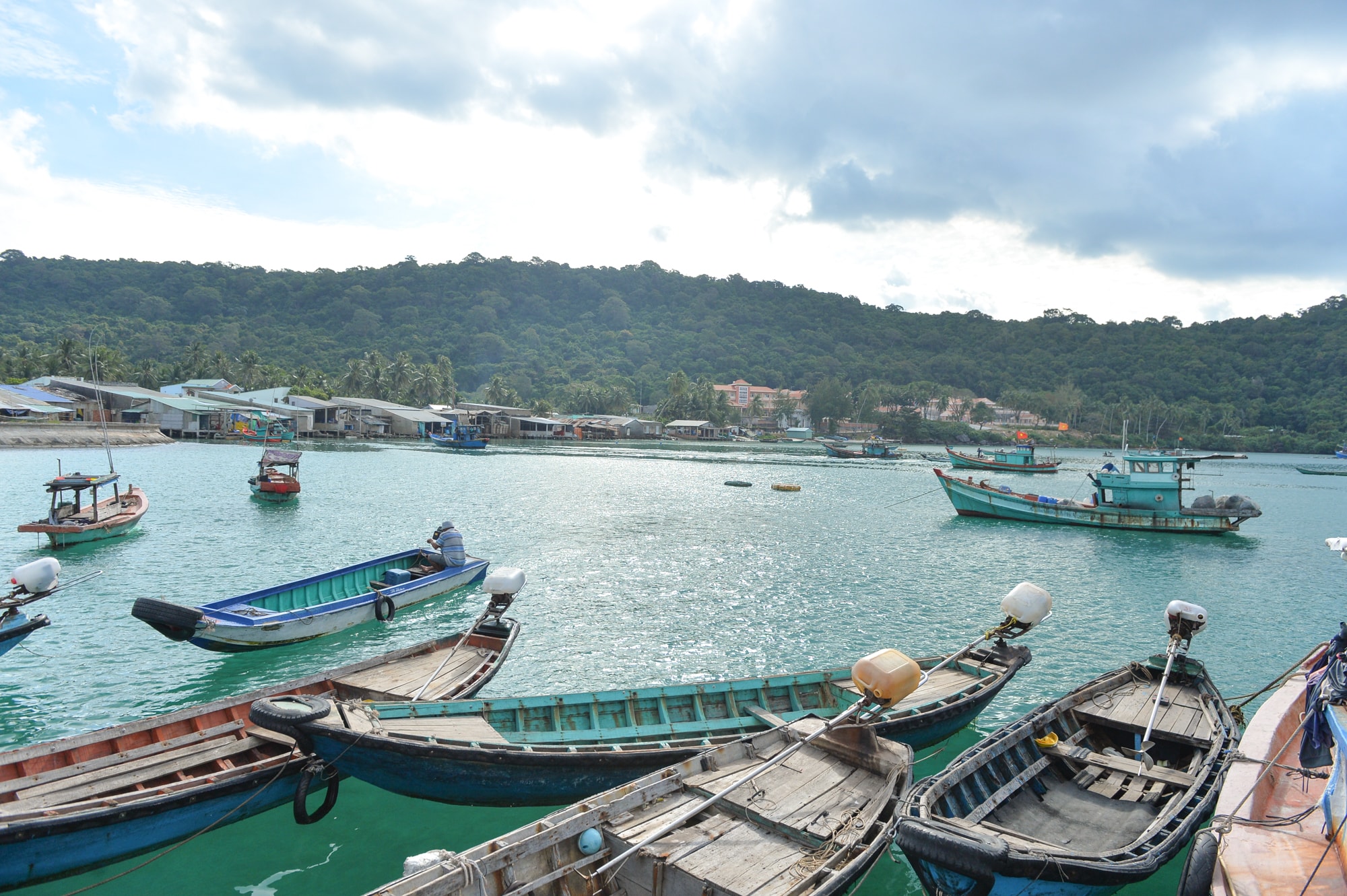
Tho Chu Island today has great potential for eco-tourism with many beautiful beaches such as: Bai Ngu, Bai Dong... This place is being proposed by the Asian Development Bank (ADB) to build a Tho Chu Island Marine Reserve with a total area of up to 22,400 hectares. The island is known as "paradise in the Southwest sea" attracting tens of thousands of tourists to visit and relax every year.
Vice Chairman of Tho Chau Commune People's Committee Nguyen Van Diem said that the development of the island commune in the Southwest sea of the Fatherland has the cooperation and contribution of the units stationed on the island. These are: Radar Station 610, Regiment 152, Tho Chau Border Guard Station, Lighthouse Station and Hydrometeorological Station. Currently, the units continue to join hands with the people of the island commune to build new rural areas, assist poor households, help people stay at sea, promote socio-economic development, and build a beautiful Tho Chau commune that is increasingly strong and prosperous.
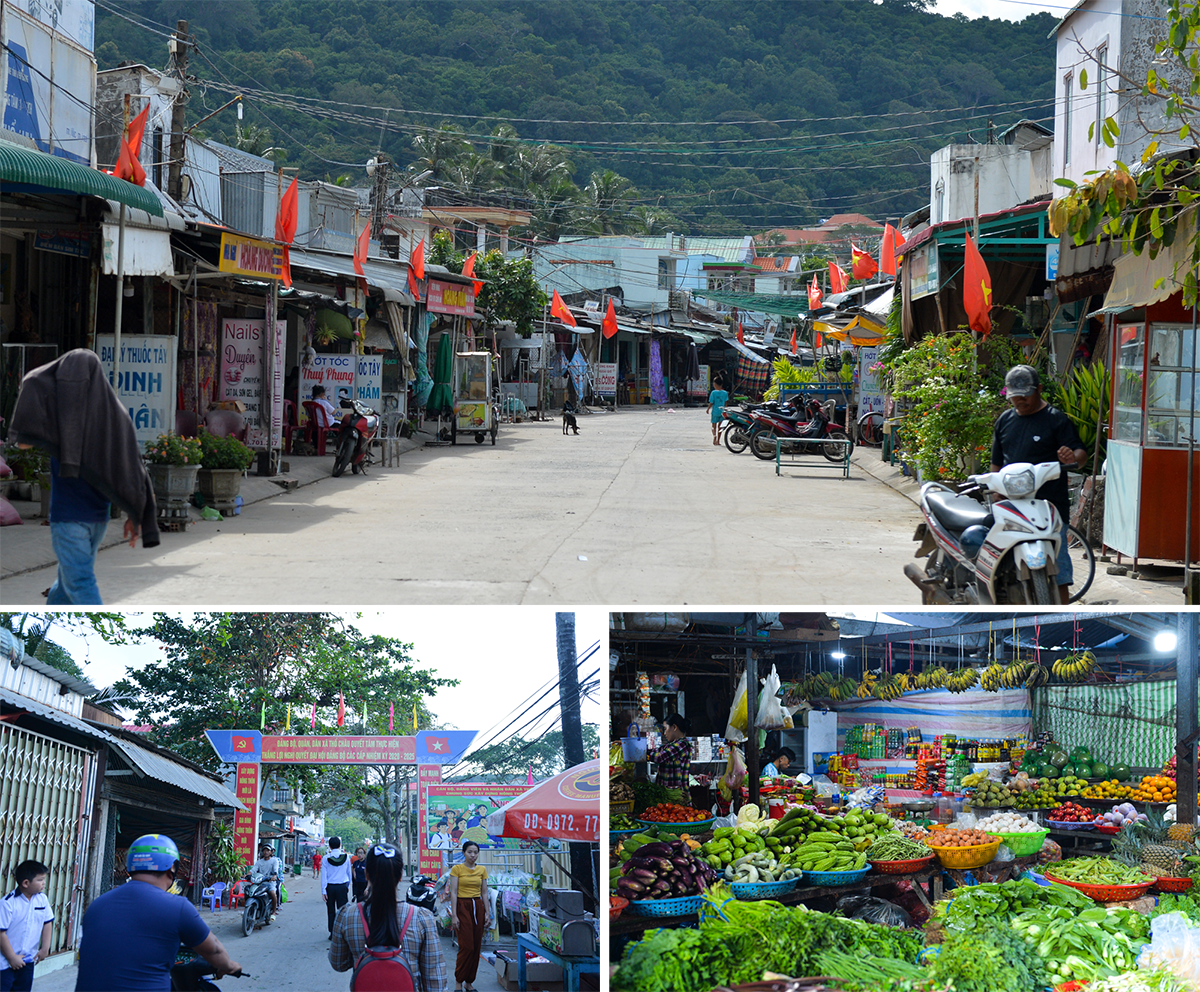
Comrade Luc Duc Tien - Deputy Commander of Naval Region 5 said that in recent years, units of Naval Region 5 stationed on Tho Chu Island and neighboring islands in the Southwest Sea have carried out mass mobilization work well, proactively coordinated with local Party committees and authorities to do a good job of propaganda and mobilizing people to implement the Party and State's guidelines and policies. At the same time, they have promoted the implementation of exchange and twinning programs, helping people develop socio-economy and build a national defense and security posture... worthy of being a support for people on the outpost island".
